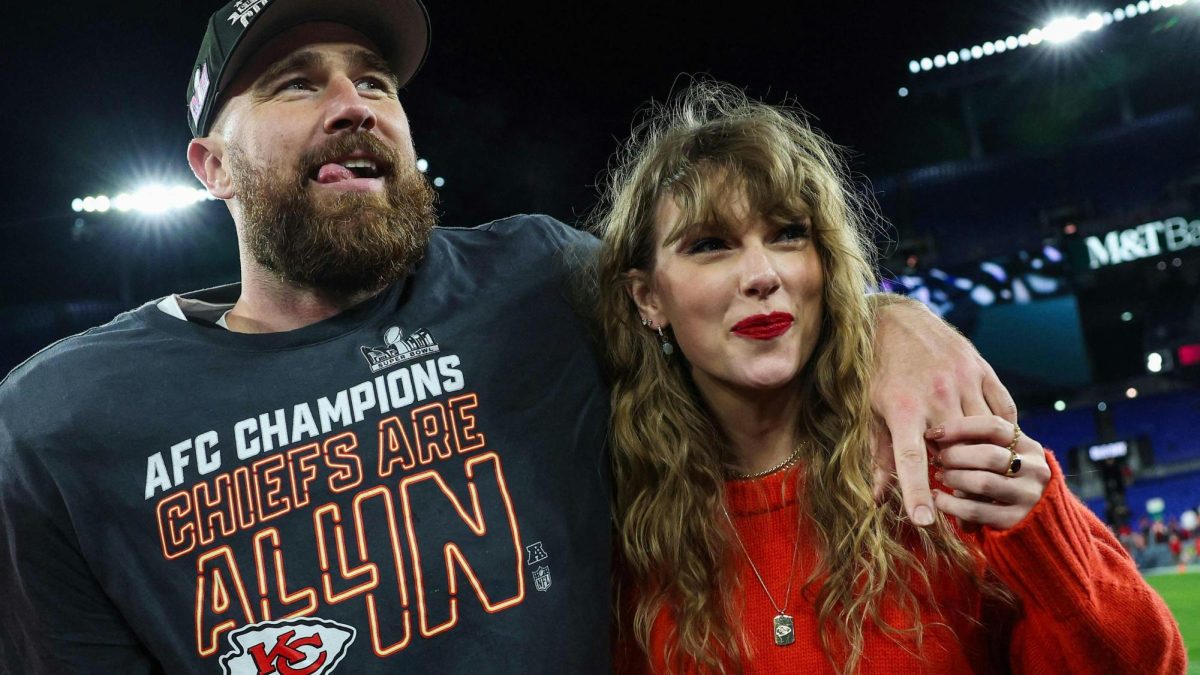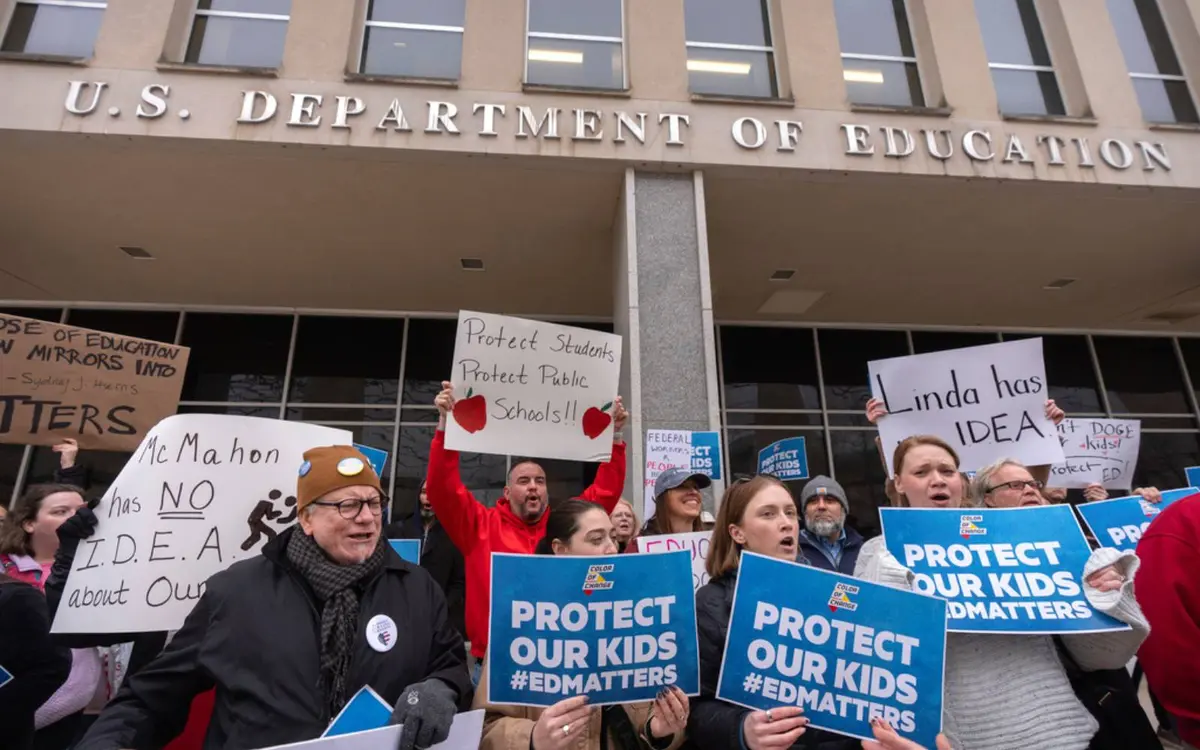Following recent endorsements of President Trump’s policies such as rolling back DEI (Diversity , Equity , and Inclusion Act) initiatives, the American people, and even those living abroad, have been boycotting a number of major businesses. The list includes: Meta, Amazon, Walmart, Target, Disney, Toyota etc. It’s unclear how long boycotters will hold out against these companies but it may be a while.
Diversity, Equity, and Inclusion, going back as far as the Civil Rights Act of 1964, made discrimination based on race, religion, sex, and national origin illegal in employment. As time went on since then, the idea expanded further than race and the Act began to embrace a larger spectrum of diversity. Along with these additions to the act, it became more incorporated into the workplace: Diversity training began to emerge by the 2000s. Following movements like The Black Lives Matter movement in response to violence, companies began to use DEI as an approach to promote diversity and so on.
Since February of 2025, one company in particular has faced the most backlash over their decision to roll back their DEI initiatives; Target. Despite being an advocate for DEI and developing a reputation as progressive over the years and especially in 2020, Target has ultimately ‘betrayed’ the demographic they built by rolling DEI back. As a result of this, visits and sales as far as Target goes, have dropped over the last month according to CNN Business.
The effects of these DEI boycotts go farther beyond just the companies being targeted. As time goes on and the political landscape evolves, they’re gonna show their political views which will influence what customers put their money into. Due to this, companies are reassuring consumers that they are committed to DEI, while other companies are avoiding expressing their political views in fear of losing customers.
Additionally, companies may reconsider their sales strategies as if this will cause them to go down over time. This goes to show that corporate social stances have more consequences than just understanding the latest trends; it has financial consequences. This boycott is slowly but surely making an impact on these businesses and consumers will continue to hold these corporations accountable for their actions.





















